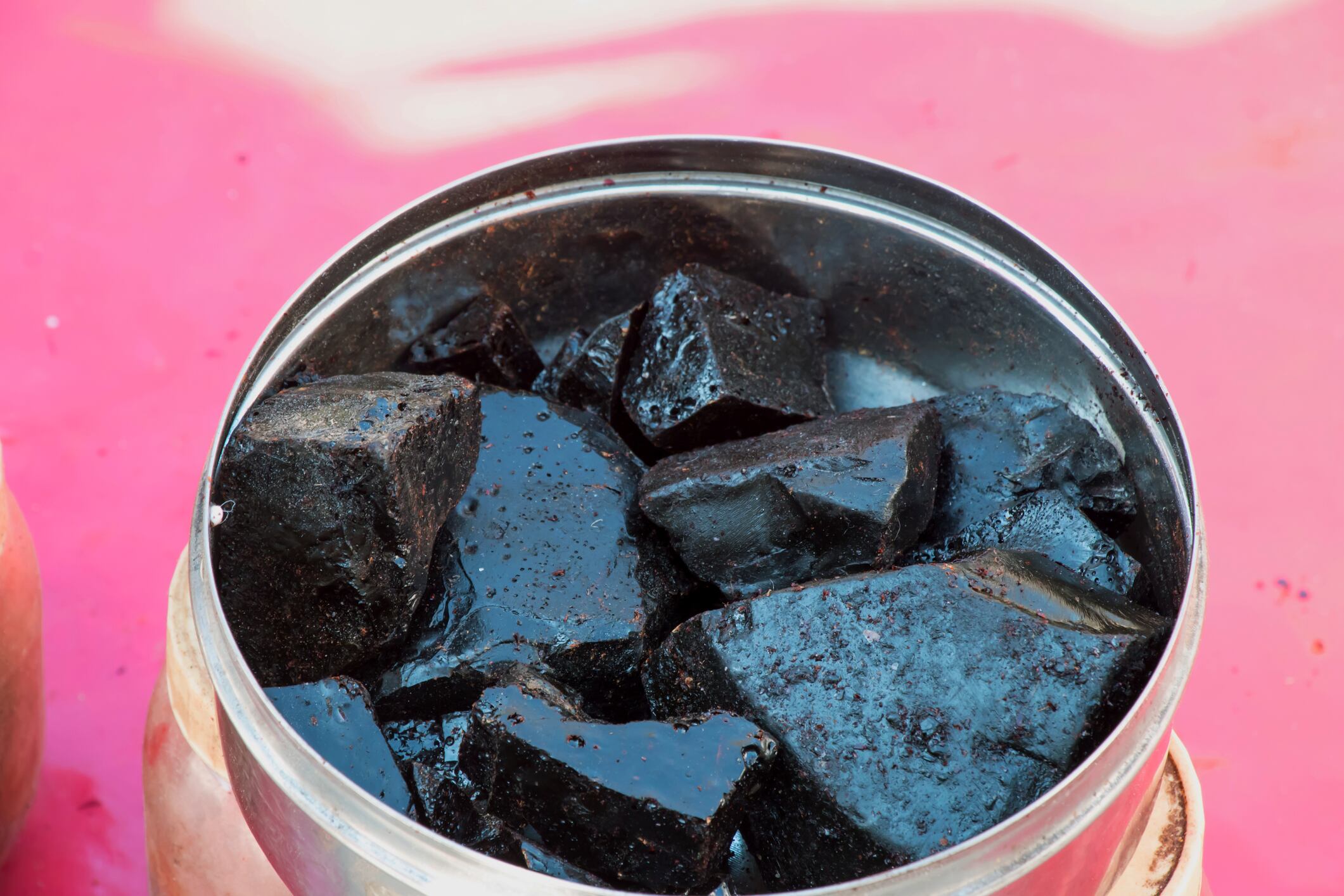Eight weeks of supplementation with Natreon’s PrimaVie Shilajit at a dose of 500 mg per day led to a retention of muscular strength following fatiguing exercise, compared to placebo, report researchers from the University of Nebraska-Lincoln in the Journal of the International Society of Sports Nutrition.
Shilajit, a herbo-mineral exudate, is derived from mountainous regions across Asia. It is also called mumie, moomiyo, or mummiyo. The “fluvic mineral complex exudate” is composed of fulvic acids, dibenzo-alpha-pyrones, proteins, and minerals. Natreon obtains its Shilajit from the Himalayas, said the company.
Previous research in to PrimaVie Shilajit has focused on healthy aging, energy, and testosterone increases in healthy males, explained Bruce Brown, president of Natreon.
“Prior to the University of Nebraska-Lincoln study, Natreon had conducted 8 clinical studies on PrimaVie to unlock the full potential of this important ayurvedic nutrient,” he said. “This new trial reaffirms PrimaVie’s use in supporting healthy aging and expands its benefits into sports performance by demonstrating reduction in hydroxyproline (a marker of collagen degradation) along with increases in strength in athletic males.
“Sports Nutrition is a primary focus for Natreon and PrimaVie is our lead ingredient in the category given its historical use as an adaptogen for energy,” Brown told us. “PrimaVie’s historical use in Ayurveda, positive clinical trial results, natural, botanical, organic and non-GMO project verified attributes, clearly differentiates PrimaVie from other ingredients in the market.
“As consumers value these attributes of PrimaVie and seek innovation in their sports nutrition products, more and more consumer brands are formulation with PrimaVie across numerous applications (supplements, foods, beverages, gummies, chews, etc).”
Study details
Led by Joshua Keller from the Human Performance Laboratory, University of Nebraska – Lincoln, the researchers recruited 63 recreationally-active men to participate in their randomized, placebo-controlled study. The men were divided into one of three equal groups, and assigned to consume Shilajit at low dose (250 mg per day), high dose (500 mg per day), or placebo for eight weeks.
The men underwent tests for concentric peak torque, fatigue-induced percent decline in strength, and serum hydroxyproline (HYP) sandwiched between tests of maximal voluntary isometric contraction (MVIC) strength. The same exercise protocol was performed before and after the supplementation periods.
Results showed that, for the top 50% in each group, high dose Shilajit supplementation reduced the decline in MVIC (8.9%), while MVIC declined by 17% in the low dose and 16% in the placebo group. This suggested that the high dose group was more resistant to fatigue and retained a greater level of maximal muscular strength, said the researchers.
Keller and his co-workers also reported that, for the upper 50th percentile group, the high-dose Shilajit group had significantly lower HPY levels, compared to the other two groups. “The amino acid hydroxyproline (HYP) is commonly used as an indirect biomarker of collagen degradation and the integrity of connective tissue following high-intensity exercise,” they explained.
Commenting on the potential mechanism(s) of action, Keller and his co-workers noted that an earlier study using 500 mg per day of PrimaVie Shilajit was found to enhance mitochondrial function. Other data in the literature indicates that mitochondrial respiration contributes to the re-synthesis of ATP during high intensity muscle actions.
The authors noted, however, that research into Shilajit supplementation in human subjects is limited and therefore future studies should “further examine the potential ergogenic effects of Shilajit supplementation under various exercise conditions”.
Source: Journal of the International Society of Sports Nutrition
2019, 16:3, doi: 10.1186/s12970-019-0270-2
“The effects of Shilajit supplementation on fatigue-induced decreases in muscular strength and serum hydroxyproline levels”
Authors: J.L. Keller et al.



